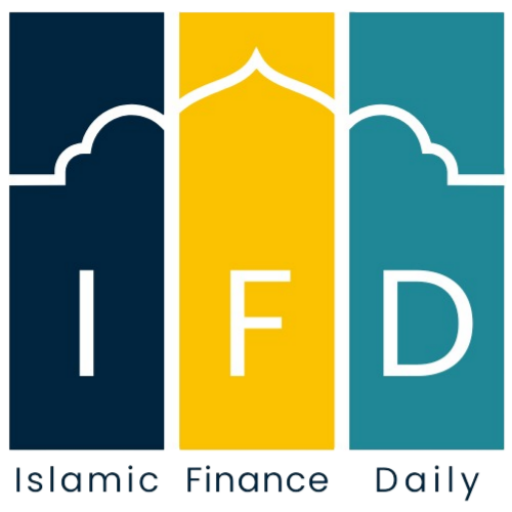Table of Contents
ToggleIntroduction
Islamic finance operates on principles rooted deeply in Islamic law, known as Shariah. Unlike conventional finance, which primarily focuses on profit maximization, Islamic finance emphasizes ethical practices, fairness, and social justice. The foundation of Islamic finance is derived from three primary sources: the Quran, the Sunnah, and Ijma (consensus). Each source plays a vital role in shaping financial practices that align with Islamic principles.
The Quran: The Divine Blueprint for Finance
The Quran, the holy book of Islam, serves as the ultimate source of guidance for all aspects of a Muslim’s life, including finance. It contains clear instructions on lawful (halal) and unlawful (haram) economic activities. The Quran explicitly prohibits riba (interest), which is seen as exploitative, and emphasizes fairness, justice, and transparency in all transactions.
Key Quranic Verses Related to Finance:
- Prohibition of Riba: “Allah has permitted trade and has forbidden interest.” (Surah Al-Baqarah 2:275)
- Encouragement of Charity: “The example of those who spend their wealth in the way of Allah is like a seed [of grain] which grows seven spikes; in each spike is a hundred grains.” (Surah Al-Baqarah 2:261)
Real-life Example: The prohibition of riba has led to the establishment of Islamic banks like Al Baraka Bank and Dubai Islamic Bank, which operate on profit-sharing models instead of interest-based lending.
The Sunnah: The Prophet’s Practical Guidance
The Sunnah, comprising the sayings, actions, and approvals of Prophet Muhammad (PBUH), complements the Quran by providing practical examples of how Islamic principles should be implemented. It offers detailed guidance on business ethics, trade practices, and contractual obligations.
Key Aspects from the Sunnah:
- Honesty in Trade: The Prophet (PBUH) said, “The honest and trustworthy merchant will be with the prophets, the truthful, and the martyrs.” (Tirmidhi)
- Prohibition of Gharar (Excessive Uncertainty): The Prophet forbade transactions involving excessive uncertainty, such as selling goods that one does not possess.
Real-life Example: The practice of mudarabah (profit-sharing partnership) and musharakah (joint venture) are based on principles derived from the Sunnah, promoting risk-sharing and ethical investment.
Ijma: The Consensus of Scholars
Ijma refers to the consensus of Islamic scholars on specific issues, especially in areas where the Quran and Sunnah do not provide explicit guidance. It plays a crucial role in the development of Islamic finance by addressing contemporary financial challenges while ensuring compliance with Shariah.
Importance of Ijma in Islamic Finance:
- Adaptation to Modern Needs: Ijma allows for flexibility and adaptation to new financial instruments and practices.
- Ensuring Uniformity: It helps maintain consistency in Islamic financial practices across different regions.
Real-life Example: The development of sukuk (Islamic bonds) was facilitated through scholarly consensus, ensuring these instruments comply with Shariah while meeting modern investment needs.
Qiyas: Analogical Reasoning in Financial Jurisprudence
While the primary sources are the Quran, Sunnah, and Ijma, Qiyas (analogical reasoning) is also an important secondary source. It involves applying principles from established cases to new situations with similar characteristics.
Application in Islamic Finance:
- Innovative Financial Products: Qiyas has been instrumental in developing Islamic insurance (takaful) by drawing analogies with mutual cooperation principles found in early Islamic practices.
Table: Key Differences Between Conventional and Islamic Finance
| Aspect | Conventional Finance | Islamic Finance |
|---|---|---|
| Basis of Law | Secular legal frameworks | Shariah (Islamic law) |
| Interest (Riba) | Allowed and central to operations | Strictly prohibited |
| Risk Sharing | Limited to specific contracts | Encouraged through profit-sharing |
| Investment Criteria | No ethical restrictions | Must comply with halal activities |
| Speculation (Gharar) | Permitted within limits | Prohibited |
Conclusion
The Quran, Sunnah, and Ijma form the cornerstone of Islamic finance, ensuring that financial activities are ethical, just, and socially responsible. These sources provide comprehensive guidance, allowing Islamic finance to adapt to contemporary needs while staying true to its core values. By emphasizing principles like risk-sharing, prohibition of riba, and ethical investments, Islamic finance offers a sustainable and inclusive financial system.



